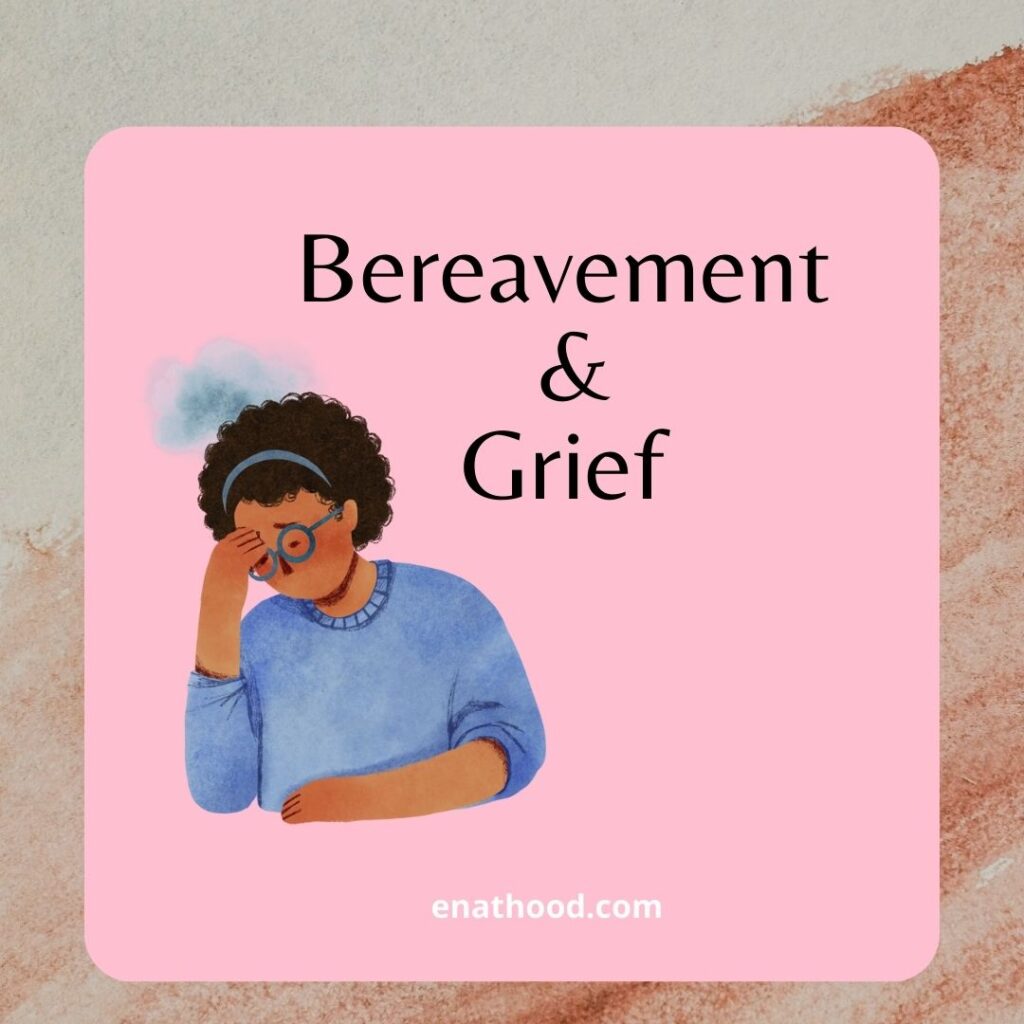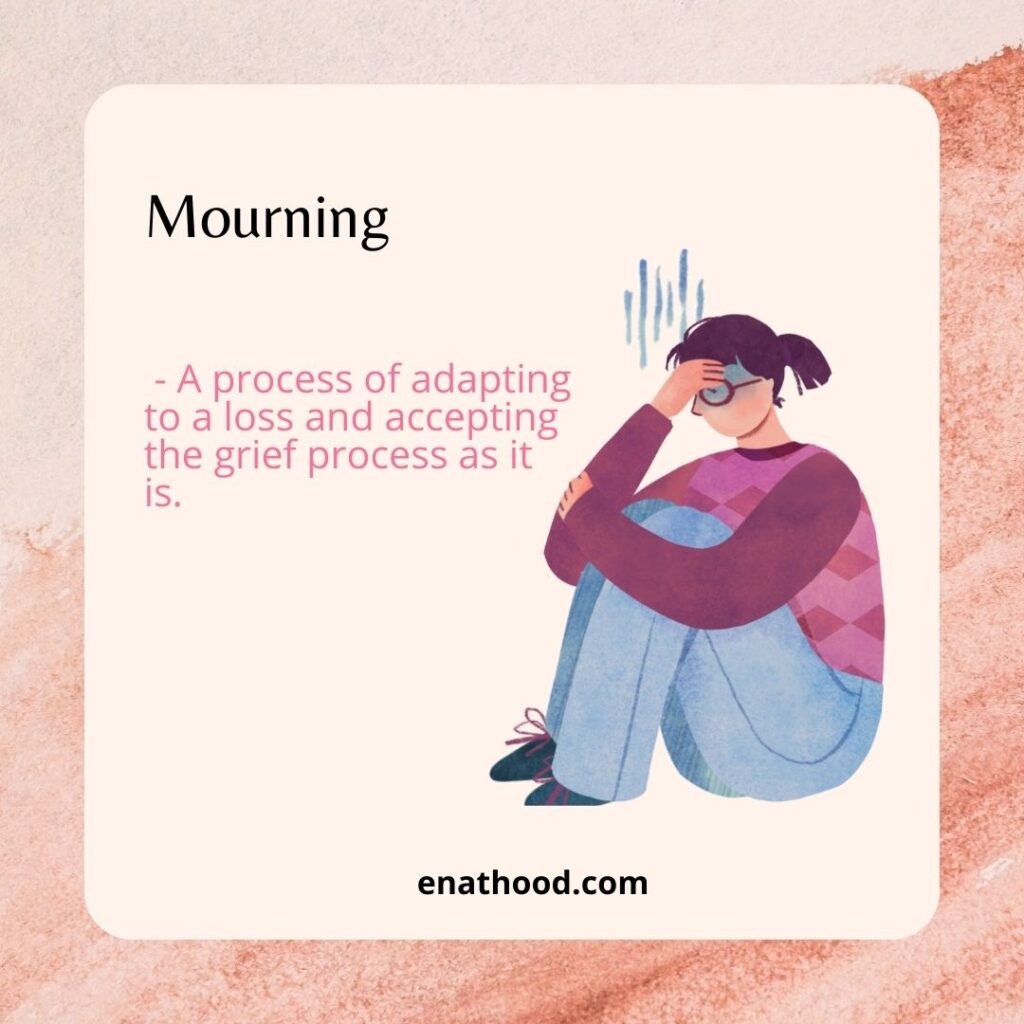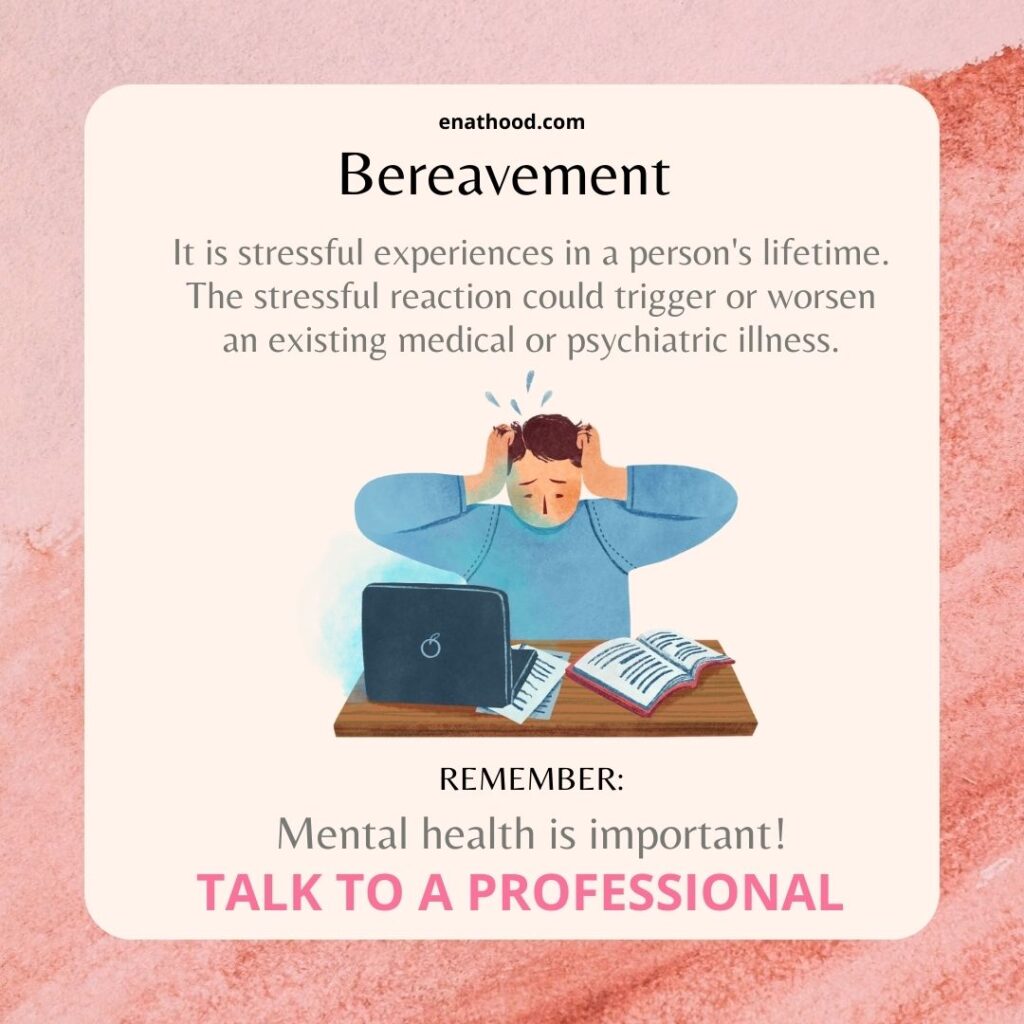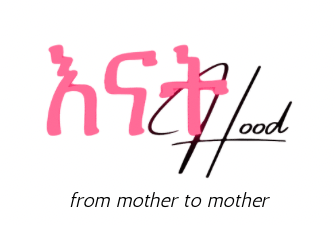
The father, Hermann Casorp, couldn’t grasp his wife’s Grief well. He had been deeply attached to his wife, and not being the strongest of himself, he never quite recovered from her death. His spirit was troubled. He shrank within himself. His benumbed brain made him blunder in his business. So the firm of Casorp suffered a sensible financial loss. And the following spring, while he was inspecting the warehouses in the windy air, he got inflammation of the lungs (Pneumonia). The fever was too much for his shaken heart, and he died in five days, notwithstanding all of Dr. Heidekich’s medical care. (Thomas Mann, The Magic Mountain,1924)
Losing someone we love most through death is one of the most painful experiences we could encounter while living in this world. Only those who die very young are the only ones who will not be there to witness the departure of their beloved ones, though leaving too soon is not something to wish for. In line with this, there is even an Ethiopian Amharic saying, ” እኔን ያስቀድመኝ” which is to mean let me die before you so as not to see your Bereavement.
But can we hide from the possible Bereavement of our beloved ones….?
Do we have any escape techniques for keeping ourselves from grieving rather than confronting the sad reality?
Approximately every year, around 8 million Americans experience the loss of their beloved ones. And along with that, there is too a rising public health interest in ways to help people process their Grief well. And it has been found that it is a very peculiar dynamic set of feelings and emotions for everyone who has been/has already experienced the Bereavement of beloved ones. But also, on the other hand, due to dysfunctional and maladaptive grieving and prolonged grief disorder, 27,000 people take their own lives after they lose their loved ones.
For this and many other reasons, today, as the Enathood team, we want to dedicate this and a couple of weeks to Bereavement and Grief in adults. We will try to clarify what some vocabularies actually supposed to mean, what are the symptoms and time-dependent course of Grief, tips on how to process our Grief and mourn, to pinpoint the red flag signs that have to be noticed sooner when someone is having a protracted and profound reaction to a loss of beloved ones and finally to foster the health seeking behavior of our community from mental health professionals(like clinical psychologists and psychiatrists) for any inquiries about Bereavement and Grief.
We hope you will find it a bit helpful.
Enjoy the reading!
🎯 Commonly used terms
🔎 Bereavement – is a shocking fact of a situation in which one loses a beloved one.
🔎 Grief- is the original natural reaction to a bereavement. It is an umbrella term encompassing all reactionary thoughts, emotions, feelings, and behaviors.
The word can also be used for other significant non-bereavement losses.
The experience of Grief is a unique trajectory for everyone who has experienced it. Since personal, cultural, and religious backgrounds mold it, it will not be the same for everyone. And even for the same person, the grief process could differ from one loss to another.
The depth and intensity of the reaction are also time-sensitive, as it will get better and better as one adapts to the Bereavement.
🔎 Mourning – A process of adapting to a loss and accepting the grief process as it is. It includes taking the news of Bereavement, understanding what it could possibly mean for one’s life, endorsing all the consequences coming secondary to the loss, trying to adjust the relationship with the already deceased ones, restoring the meaning of life and capacity to thrive in the absence of the beloved ones.

Overall we can summarize it as a process of getting the bitter Grief to a bitter-sweet one.
🔎 Prolonged Grief Disorder – is a form of Grief which is unusually protracted, intense and disabling one. It is characterized by failure to adapt the Bereavement, dysfunctional behaviors, and emotions that incapacitates the individual daily.
For its significance, Prolonged Grief Disorder is approved for inclusion in the WHO ICD(International Classification of Diseases) 11th revision and concurrently in the American Psychiatric Association’s Diagnostic and Statistical Manual of Mental Disorders, Fifth Edition(5th edition).
🎯Overview of Bereavement
It is one of the most stressful experiences in a person’s lifetime. The stressful reaction could trigger or worsen an existing medical or psychiatric illness.
People usually have a range of close relationships throughout their lives, which could be portrayed as a set of concentric circles (Close, Closer, and Closest).
Though most people tend to process Grief with the close assistance of their social support, some deaths could occasionally slow or even halt the grieving steps. For instance, losing one’s lifetime partner secondary to violent terrorist attacks will increase the chance of prolonged Grief for the widowed one.
Preliminary study results show close attachments appear to be internalized in our neural networks. Then the loss of such people will be mediated by changes in these neural networks and biochemical mediators.
According to the Attachment Theory of Psychology, humans are generally geared to secure closely bonded relationships with few other people. These will be the people whom we adore and reciprocate love to. Involuntarily they will be one component of our identity and sense of belongingness.

And it is these strongly wired attachments that will get disrupted when Bereavement happens. And it will coerce us to be indulged in an intense feeling of wanting the deceased one, flashbacks of our memories, and unreadiness to accept that we will not restore our union. Cumulatively our sense of identity could be disrupted, leading to a reduced interest in the ongoing life and blurring our vision and long-term life goals in the absence of our beloved ones.
Does the type of lost relationship affect our grief reaction?
With observational studies, it has been found that parents who have lost their children usually face a unique type of guilt feeling which is a sense of caregiver failure. They often blame themselves for not adequately protecting their children, however irrational this may be. They will have this survivor guilt syndrome and won’t forgive themselves for enjoying their remaining life.
By the same token, it is hard to accept and process the loss of a life partner who constitutes multiple shares in our identity (As being a lover, best friend, confidant, protector, and breadwinner)
🎯 Suicide
The prevalence of Bereavement due to Suicide varies from place to place. But based on a meta-analysis of 2 general population studies, the majority has been estimated to be 1%. (meaning, on average, out of 100 deaths, one will be through Suicide). For the ones who lost their beloved ones by Suicide, researchers show depressive psychopathologies tend to appear earlier than those who lost their beloved ones from natural causes. And subsequently, the risk of suicidal ideation and behavior in the bereaved is also significantly concerning.
To be continued…
📑 Please feel free to share your experience, attitude, and comment about Bereavement and Grief in adults.

 The Power of Water: My Empowering Water Birth Story
The Power of Water: My Empowering Water Birth Story
Leave a Reply